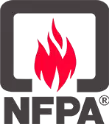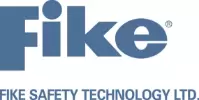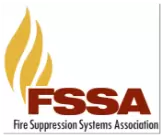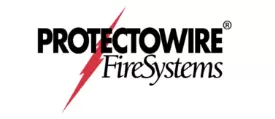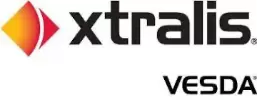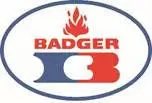Full Commercial Fire Safety Services Throughout New England
Fire Protection Team is New England’s trusted source for commercial fire protection — and has been since 1929. Our team provides reliable service and expertise that is unmatched. We offer full services on sprinkler systems, fire alarms, portable fire extinguishers and more.
Fire Sprinkler Systems
Our professionally trained and certified technicians ensure the reliability, code compliance and performance of your fire sprinkler system. We will inspect your entire sprinkler system to ensure it’s working correctly and in compliance with state and local codes. Following the inspection, we’ll provide you with our findings, as well as give professional recommendations to improve or repair your current sprinkler system.
Fire Protection Team also offers sprinkler system maintenance, as well as sprinkler system repairs, installations and retrofits. Your safety is our first priority, and we work to ensure that all systems are fully operational in case of an emergency. Fire Protection Team is trusted throughout New England to install, upgrade, inspect, maintain and repair fire sprinkler systems.
Fire Alarm Systems
Whether you have an existing system or new construction, FPT is on the job to ensure that your fire alarm system is working properly, compliant with state and local codes and ready to respond in the event of an emergency. We also give you peace of mind by providing 24-hour fire alarm monitoring service.
Every aspect of your building’s fire alarm system can be handled by the pros at FPT. We not only install state-of-the-art fire alarm systems, but we also conduct inspections and tests to verify code compliance. Keeping your system up to date not only the law but is essential to the safety of people in an emergency.
Fire Pumps
If your building has a sprinkler system, we recommend a fire pump to provide proper water pressure in case of a fire. We can install the right fire pump for you, as well as inspect and maintain it as necessary. We will change fluids, troubleshoot or repair your on-site equipment. Depending on your equipment, we will perform inspections monthly, quarterly or annually.
Backflow Preventers
Well-maintained backflow prevention ensures that your water supply is clean and uncontaminated. If you need a backflow preventer installation, inspection, testing or repairs, we’re the right company for the job. Our many decades in the industry means our technicians are extremely knowledgeable, so we can help you choose the right system and ensure it continues to work.
Fire Hydrants
Having a fire hydrant on your property means nothing if it’s not working when you need it. Our full hydrant services guarantee that your hydrants are ready to go in the event of an emergency.
Fire Extinguishers
In a fire emergency, fire extinguishers need to be easy to reach and ready to work. When seconds matter, you need to count on your first line of fire defense. FPT’s professional technicians ensure that you have the right extinguishers in the right places to get the job done, and that they are in proper working order. If there are gaps in your current extinguisher coverage, including marine fire extinguishing systems, we are prepared to fill them with the extinguishers you need. We even have a full-service extinguisher service center to maintain your existing equipment.
Special Hazard Fire Suppression
Our fire safety services extend to every industry and need. With our special hazard fire suppression products and services, your unique operation will be fully protected from fire and the damages caused by a traditional sprinkler system. We are highly trained on the latest in fire safety technology in order to provide you with cutting-edge protection services for your business.
Emergency Lighting
In case of an emergency, exit lighting becomes essential. We install emergency lighting and exit signs that help to protect lives and minimize injury in emergency situations. Our professionally-trained and certified technicians will ensure that you have enough directional lighting and exit signs needed for your space. We can also provide inspections, maintenance and repairs to emergency lighting systems.
Fire Protection Services in New England
Fire Protection Team is based in Connecticut and New Hampshire; however, our reach is far, providing fire safety solutions in Massachusetts, Rhode Island, Vermont and New York as well.
Curious what we can do for your business? Connect with us today online or by phone at 203.250.1115 .

